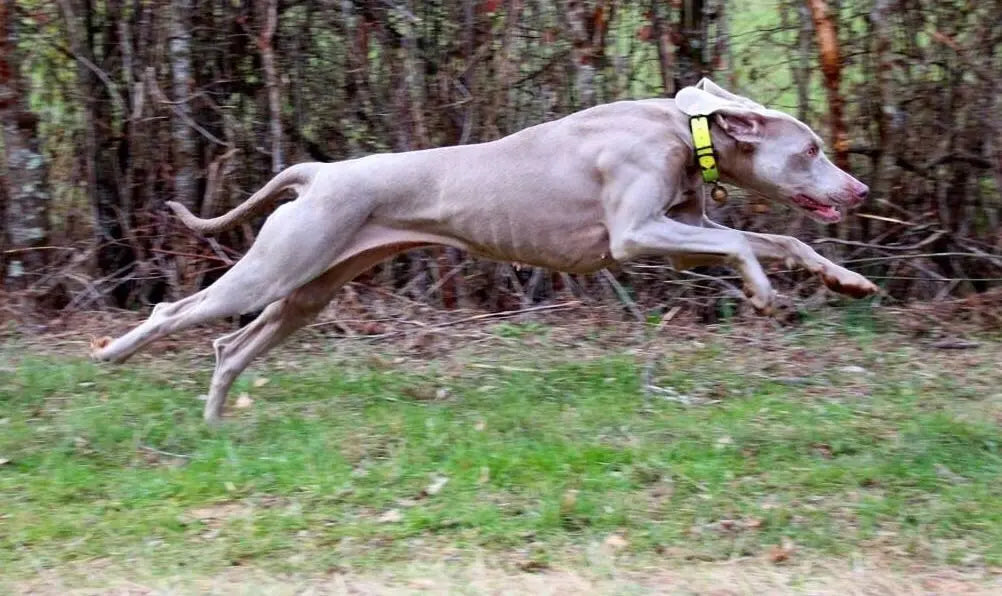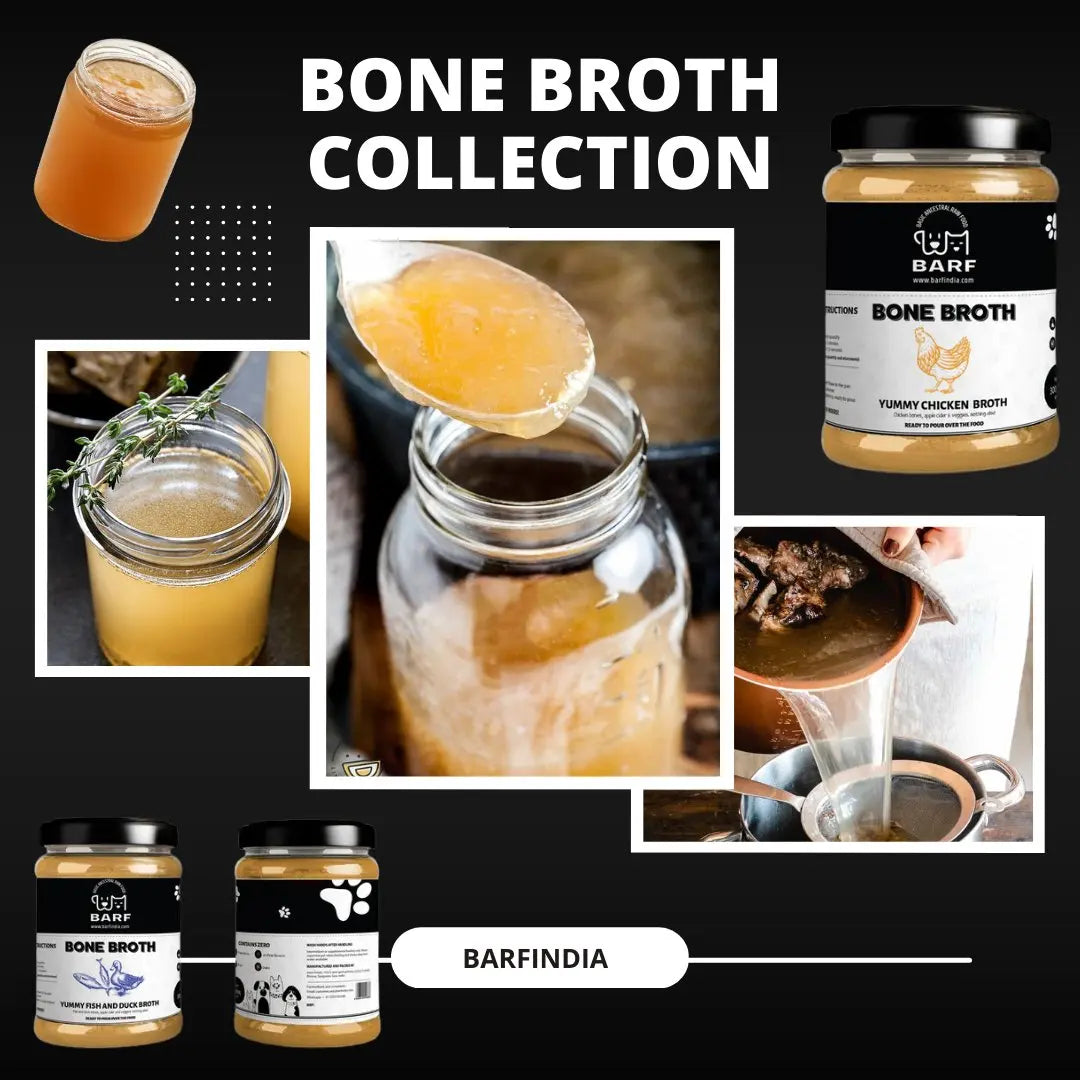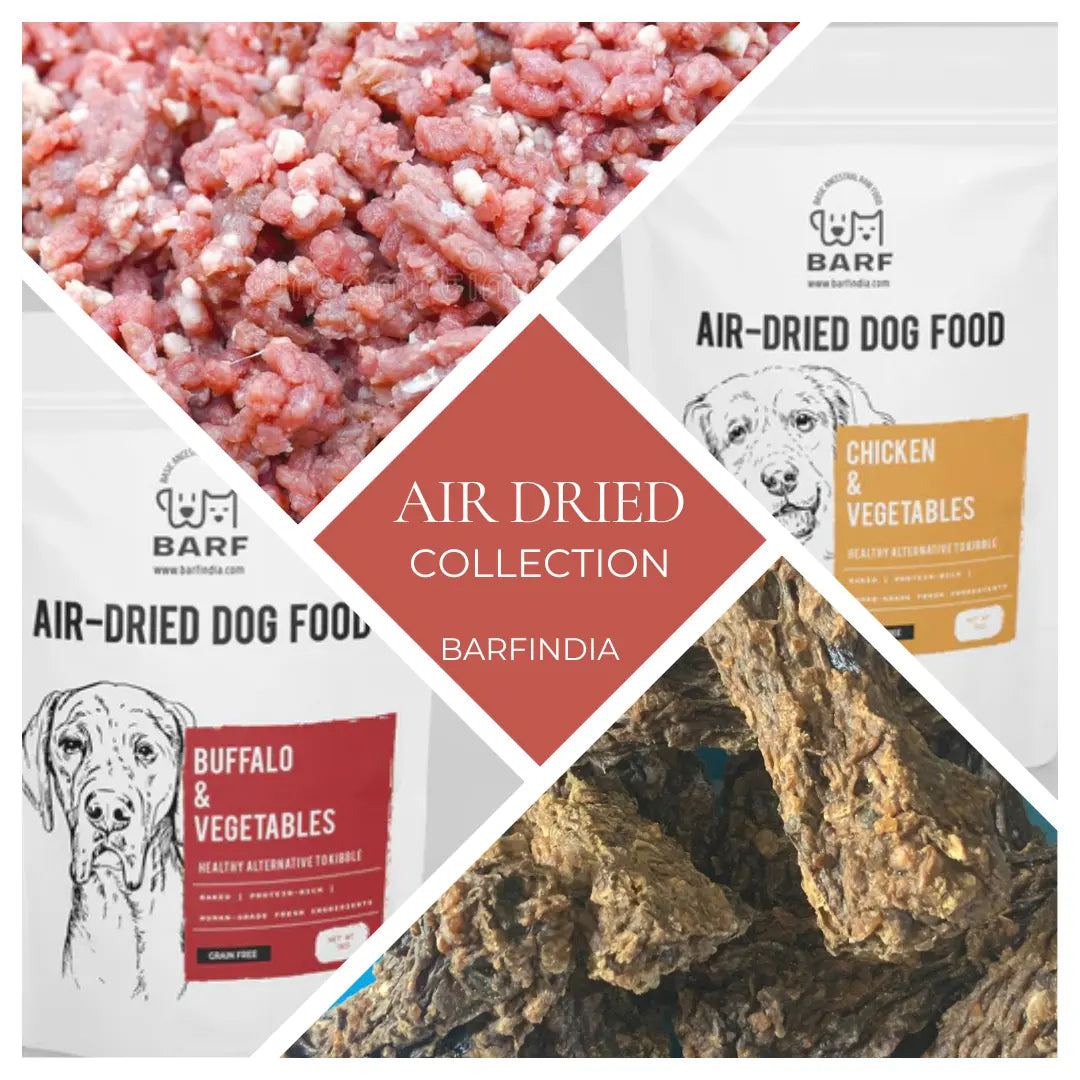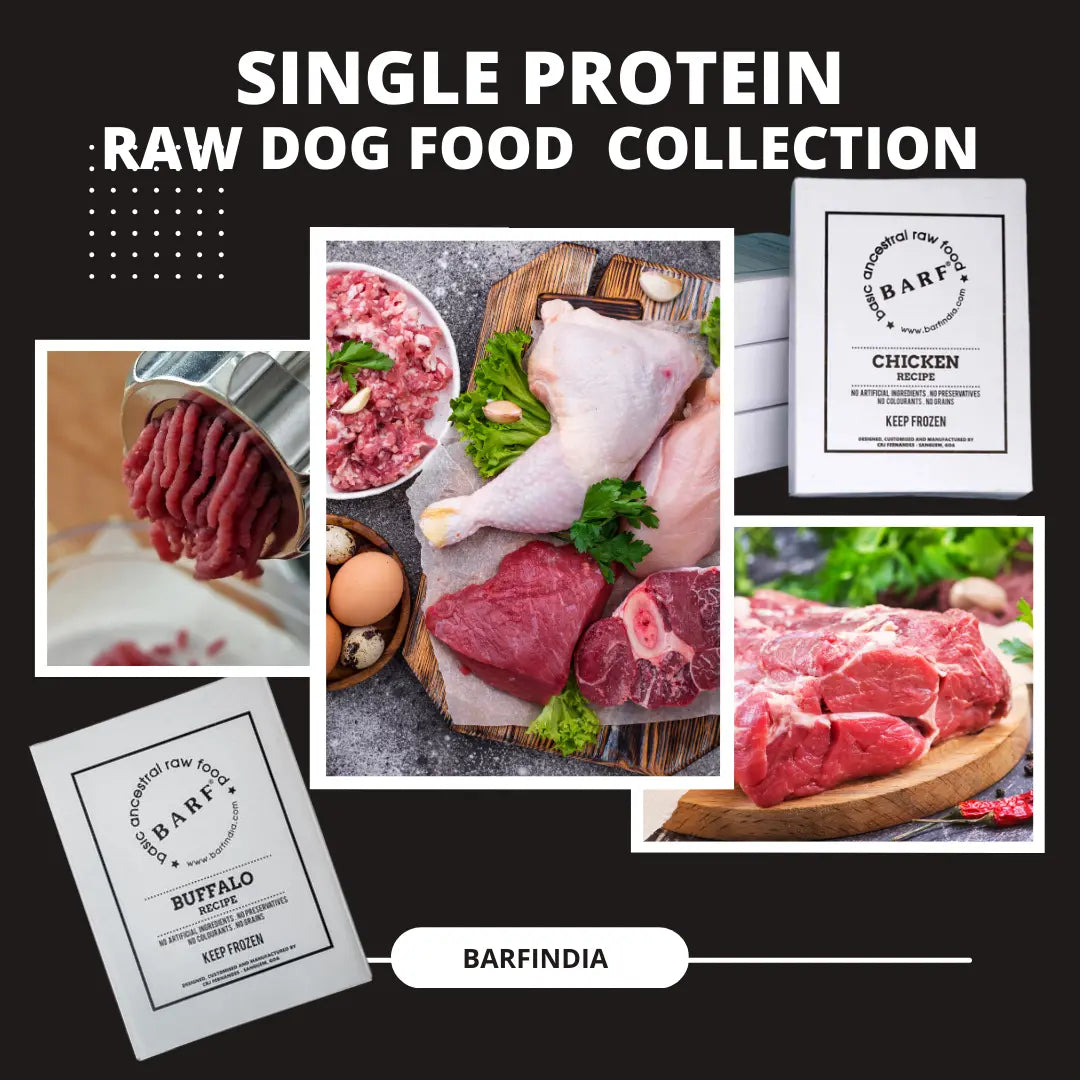
Raw feeding the Large and Giant breed puppies
B.A.R.F. India AdministratorRaw Feeding for Large and Giant Breed Puppies
Everything You Need to Know About Raw Feeding Big Pups
Raw feeding your large or giant breed puppy comes with unique challenges—but it’s also one of the best decisions you can make for their long-term health. When we think of puppies, we usually imagine tiny, fluffy bundles of joy. But large and giant breed puppies are a different story. They grow rapidly, weigh significantly more, and are prone to specific health issues that require careful nutritional planning.
Breeds like German Shepherds, Golden Retrievers, Rottweilers, and Dobermans fall under the large breed category, while Great Danes, Mastiffs, St. Bernards, and Irish Wolfhounds are considered giant breeds—tipping the scale at over 90 pounds as adults.
Feeding these dogs isn’t about piling on extra food. It’s about strategically managing nutrition to support bone growth, avoid orthopedic diseases, and build strong immune systems. That’s where raw feeding shines.
🦴 Why Raw Feeding Works for Large Breed Puppies
Large and giant breed pups grow fast. Without a properly balanced diet, they can develop:
-
Hip Dysplasia – Misalignment of the hip joint, common in Great Danes and German Shepherds.
-
Elbow Dysplasia – A painful joint condition seen in many large breeds.
-
Osteochondrosis – Caused by disrupted blood supply to growing bones.
-
Panosteitis (Bone Inflammation) – Temporary but painful lameness in long bones.
-
Obesity – A major concern, leading to diabetes, kidney problems, and high blood pressure.
-
GDV (Bloat) – Life-threatening gastric torsion, often caused by feeding once daily or offering processed, fatty foods.
Raw feeding helps prevent many of these problems by providing whole, unprocessed nutrition tailored to your dog’s real needs.
📊 How Much Raw Food Should You Feed?
There’s no one-size-fits-all answer, but here’s a rough guide:
-
Check your dog’s Body Condition Score (BCS) regularly.
-
Feed based on their ideal adult weight, adjusting for growth and activity level.
-
Do NOT overfeed calcium—too much can lead to bone disorders.
-
Avoid calorie-dense processed food—stick to clean, whole raw ingredients.
🐟 Fish & Omega-3: Secret Weapons in Raw Feeding
Don’t underestimate the power of fish in your pup’s raw diet:
-
Sardines, mackerels, anchovies – High in Omega-3 and calcium.
-
Green-lipped mussels, seaweed, kelp, phytoplankton – Natural sources of joint support.
-
Wild salmon – Great option if frozen for 15 days to eliminate parasites.
Avoid fish oils due to possible contamination with mercury, arsenic, or lead. Instead, feed whole fish for cleaner, more stable nutrition.
🥬 Veggies & Natural Dewormers
While raw meat forms the core of your puppy’s diet, you can also support digestion with:
-
Broccoli, spinach, asparagus – Pulled or juiced for easier digestion.
-
Diatomaceous Earth or Pumpkin Seed Powder – Gentle and natural deworming options.
Watch out for allergies. Introduce one ingredient at a time and monitor poop quality and energy levels closely.
🐶 Additional Raw Feeding Tips for Large Puppies
-
Monitor your pup’s waistline: You should feel the ribs, not see them.
-
Don’t feed one large meal per day—split into smaller portions to reduce risk of bloat.
-
Avoid excess fat and processed treats.
-
Add raw meaty bones and organs only as per your dog’s age and digestion readiness.
-
Always consult a raw feeding expert if your puppy shows signs of limping, swelling, or rapid weight gain.
💡 Three Things to Always Remember:
-
No excess calcium. Balance minerals carefully.
-
Avoid overfeeding. Too many calories = too much weight on young joints.
-
Choose wisely. Owning a large breed means higher responsibility—never compromise on quality.
📬 Need Help with Your Large Breed’s Raw Diet?
Raw feeding large or giant breed puppies isn’t complicated—it just requires knowledge, consistency, and commitment. If you’re unsure about portions, meal planning, or food choices, we can help.
BARF India is happy to customize raw feeding plans for your puppy’s age, breed, and growth stage. Write to us—we’d love to hear about your journey and help you raise a strong, healthy companion!



